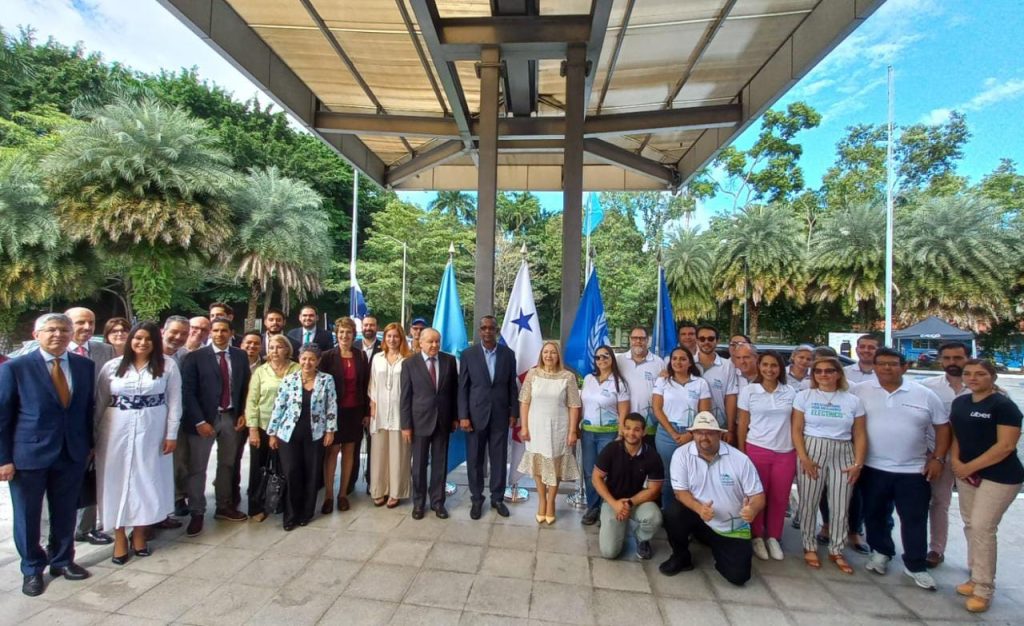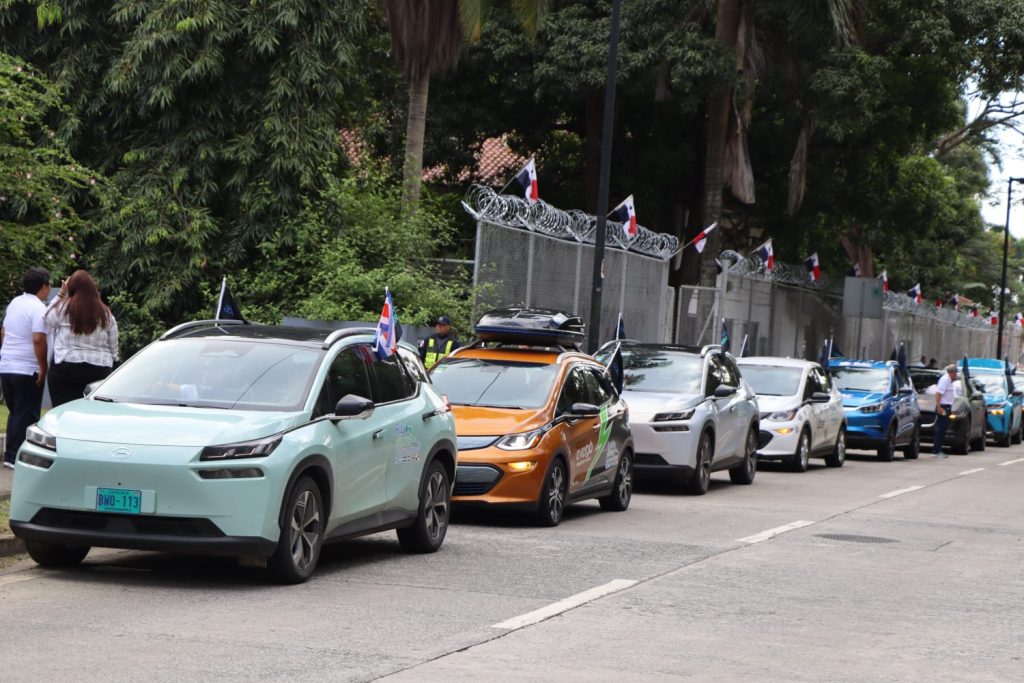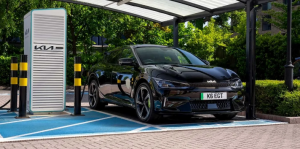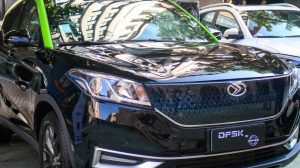Integration between public and private actors is essential to promote a robust policy on electric mobility. Sustainable and timely investments, accompanied by fiscal incentives, are pillars to promote zero-emission vehicles in Latin America.
One initiative that is implementing strategies in this direction is the one sponsored by the Costa Rican Electric Mobility Association (Asomove). The so-called “Central American Electric Route” brings together the efforts of five countries and aims to continue expanding throughout the region.
As part of the plan, 10 electric cars left Guatemala and traveled through El Salvador, Honduras, Nicaragua, Costa Rica and Panama to reach the Latin American and Caribbean Parliament (Parlatino) without using a drop of fuel.
The project is supported by Costa Rica’s National Energy Secretariat and representatives of the private sector and governments throughout the region. “This route demonstrates that Central America is committed to 100% electric mobility,” said Asomove Director Silvia Rojas.

Read also: “The Power of Silence”: Kia America Launches New Campaign to Promote Electromobility
Infrastructure
The strategy promotes the creation of a network of fast and semi-fast chargers that will connect the six Central American countries, while at the same time promoting the creation of tax incentives to encourage the inclusion of more electric models.
Rojas emphasized that Central America is interconnected to be able to circulate with fully electrified vehicles from Guatemala to Panama, breaking myths and paradigms and thus helping to decarbonize transportation.
For his part, Eduardo López de Victoria, President of the Electric Mobility Chamber of Panama, pointed out that with new battery technologies and a charging network that is growing steadily, electric mobility is revolutionizing the transportation sector.
According to official figures, Panama currently has 245 100 percent electric vehicles, backed by more than 134 public fast and semi-fast chargers installed from the capital city to the border with Costa Rica.




